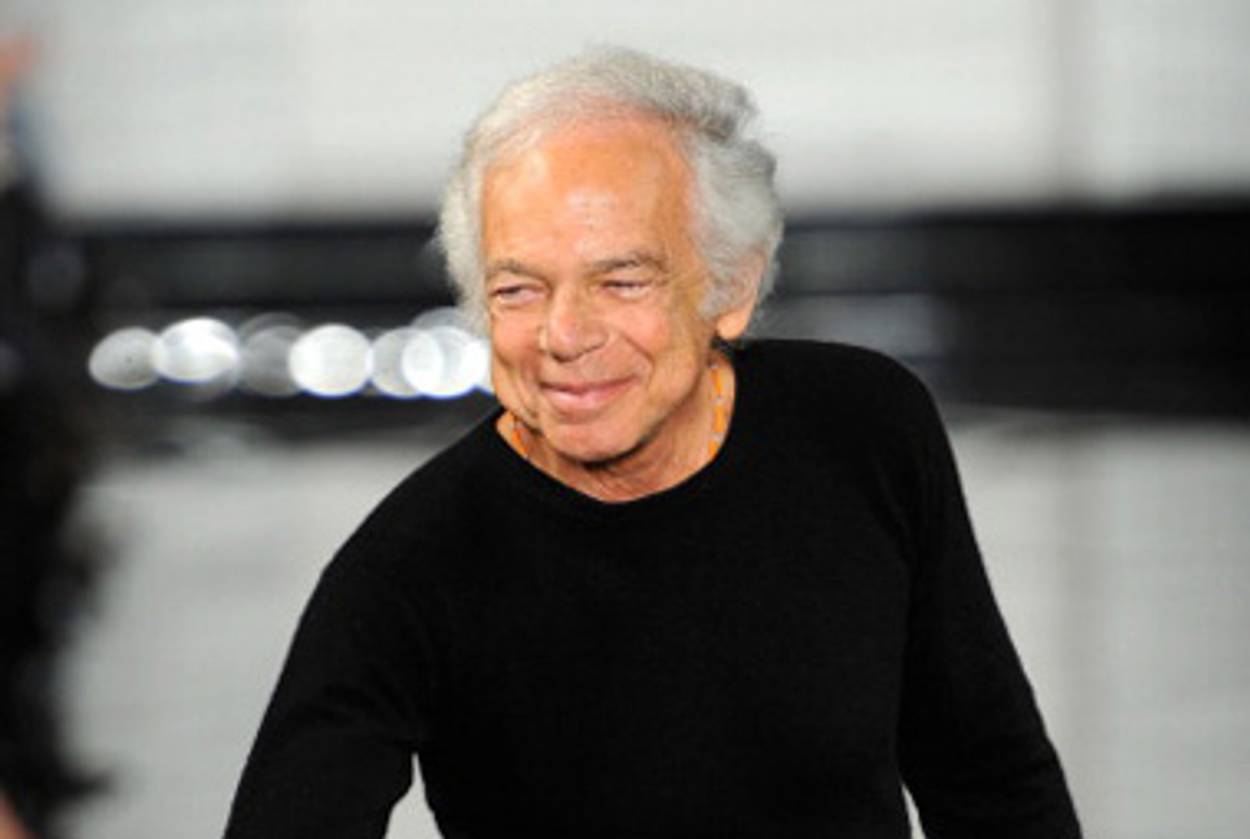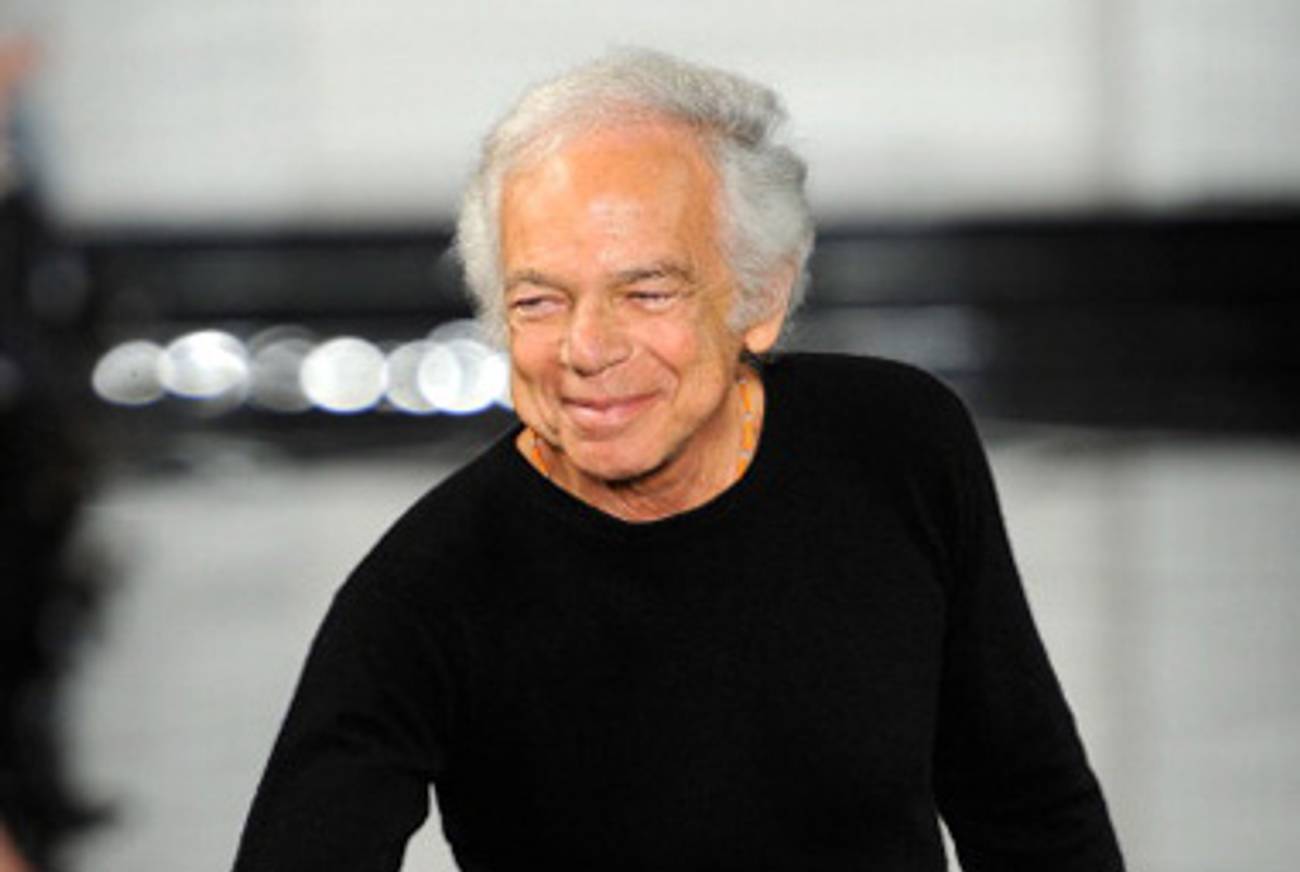Who Is The Most Jewish Designer?
(It’s probably not John Galliano)




My response to l’affaire Galliano, in which the (former) Dior designer and general genius John Galliano was accused of a penchant for crude anti-Semitic slurs, moved pretty quickly from denial to depression (there was anger, too, but thankfully that occurred over a weekend, so it didn’t get aired on The Scroll). And now, there is acceptance: Prompted by contributing editor Rachel Shukert’s musing that perhaps Galliano’s alleged affinity for Hitler is “less a function of a shared murderous ideology than admiration for a fellow uncompromising stylist,” as well as by another friend’s challenge, I have been asking myself: Do we really need our favorite fashion designers to like Jews?
The question is more complicated than it might seem. For me, fashion used to be inextricably linked to my Jewishness. Mainly this is because the catwalk of my past was the synagogue aisle: As I’ve written, for me, good clothes and shiny hair were the particular trappings of Shabbat and holidays; prettying oneself was a unique form of hidur mitzvah, or glorifying the commandment. (The same principle is responsible for your sterling silver candlesticks, or that nice carved mezuzah from the Old City.) When I got older and started circulating in a wider community, I found that these values were calcified in the term “JAP,” which, despite its arguable historic connotations of misogyny and even anti-Semitism, I reluctantly embraced, because there was no other readily available term that meant something both to me and to the culture at large.
Then, a couple of years ago, a colleague asked me who I consider to be a truly Jewish designer—not as in Ralph Lifshitz, the Jewish boy from the Bronx who created the ultimate sartorial phantasmagoria of the WASP lifestyle, but as in designers who created the fashions that most spoke to the Jewish story of upward mobility, conspicuous consumption, desire for assimilation, and, at some far point, acceptance and even leadership. I offered up Emanuel Ungaro, whose garish prints seemed to me reflective of aspiration, that most feverish of American Jewish traits; at the other end of the spectrum, I said, was Prada, whose aggressive minimalism revealed nothing if not confident insiderdom.
But I’m no longer sure. So I put the question to you: Who’s a Jewish designer? And—perhaps more importantly—does it even matter anymore?
Related: Fashion’s Fascists [Tablet Magazine]
The Jap [Lilith]
Earlier: Golly, Galliano!
Resignation over John Galliano
A Plea on Behalf of John Galliano
Alana Newhouse is the editor-in-chief of Tablet Magazine.